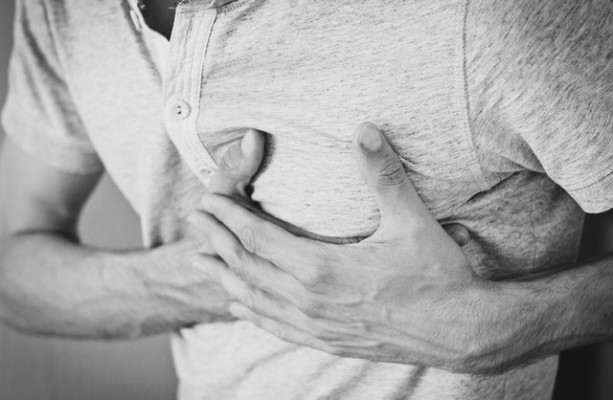
Almost all of us are familiar with the discomfort and pain associated with acid reflux, also known as GERD, or commonly described as indigestion or heartburn. But can something that originates in the stomach and affects digestion also make your teeth hurt? Your dentist in Douglasville is here to tell you that yes, acid reflux can make your teeth hurt and can even cause irreversible damage to your pearly whites.
Acid Reflux & Dental Health
Acid reflux, GER, GERD, heartburn, and indigestion are all similar in symptoms and are often used interchangeably to describe the same thing. Let’s get on the same page and refer to it as one thing in this blog — acid reflux. Acid reflux occurs when the stomach acids responsible for breaking down foods work their way up into the esophagus. The result is a burning, often painful sensation in the chest. But it can also affect the teeth.
Acid is one of the most concerning things for your dentist in Douglasville. It can easily wear away at that super-strong protective layer of tooth enamel and leave teeth at increased risk of decay and cavities. If not caught early, the damage caused by acid reflux may be irreversible or difficult to treat. However, when your dentist identifies the damage early, your teeth may be treated with fillings, a crown, or bonding.
Signs of Acid Reflux
Many people can experience acid reflux differently, but some of the most common signs include:
- Heartburn
- Bad breath
- Acidic taste in the mouth
- Difficulty swallowing
- Tooth sensitivity
It’s important to note that dental damage caused by acid reflux may not be noticeable, especially in the early stages. This is yet another reason why it’s so important to see your dentist in Douglasville regularly.
How to Protect Your Teeth
If you have acid reflux, you may be thinking that it’s only a matter of time before the acid gets the best of your teeth. But that’s not necessarily true. There are many medications available that can help reduce how often you experience symptoms of acid reflux. A gastroenterologist can help you find the best one for you. Outside of medication, your dentist may recommend some other things you can do to protect your teeth against stomach acid, such as:
- Avoiding acidic foods and drinks
- Limiting spicy or sour foods
- Chewing sugar-free gum
- Brushing and flossing every day
- Swishing your mouth with water after eating
- Drinking plenty of water throughout the day
- Waiting an hour to brush your teeth after you eat or drink something acidic
As with many dental problems, early detection is key. Make sure you visit your dentist twice a year for checkups and cleanings so any potential problems can be treated early, when success is more likely, and when long-term damage is minimized.

